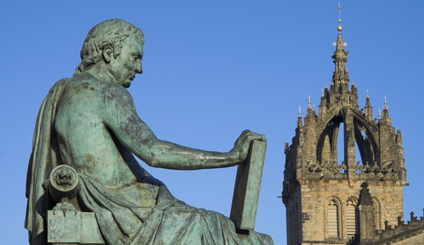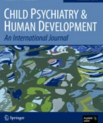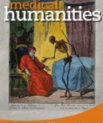Andreas Roepstorff involved in ERC Advanced Grant, hosted by University of Edinburgh
"Expecting Ourselves – Embodied Prediction and the Construction of Conscious Experience"

ERC Advanced Grant awarded to Professor Andy Clark
Support: 1.4 million Euros for a 48 Month project entitled “Expecting Ourselves – Embodied Prediction and the Construction of Conscious Experience”
Start Date: Jan 1st 2017
Structure and People:
The project combines philosophical explorations and empirical probes. It is based in the Eidyn Research Centre in the School of Philosophy, Psychology, and Language Sciences at the University of Edinburgh. It includes support for Dr David Carmel (Psychology), two doctoral students, an RA, and one post-doctoral fellow, as well as some secretarial support. We will host regular workshops and conferences, as well as a flow of visiting speakers. Most of the experimental work will be carried out at the University of Edinburgh, and some at the Sackler Centre for Consciousness Science, University of Sussex (working with Professor Anil Seth). The project will also benefit from research collaborations with Dr Lars Muckli (University of Glasgow, Neuroscience and Psychology), Professor Andreas Roepstorff (Interacting Minds Centre, Aarhus University, Denmark) and Professor Karl Friston (Wellcome Trust Centre for Neuroimaging, London).
Content:
Our project aims to harness the emerging science of the predictive brain to deliver new insights into the nature, scope, mechanisms and (most importantly) the very possibility of conscious experience. The vision of the brain as a probabilistic machine continuously striving to predict the incoming sensory barrage now plays a leading role in neuroscientific, psychological, and philosophical treatments. The key innovation is to consider this increasingly popular vision in the special context of active, embodied agents able to predict many of their own evolving states and responses – agents able to ‘expect themselves’. These crucial self-expectations span the interoceptive (targeting the internal sensory flows signaling our own physiological states, such as hunger, arousal, and muscular and visceral sensations) and the exteroceptive (targeting the world, and our own behaviors as they unfold over multiple scales of space and time). We will explore the idea that these states of complex, layered, interacting prediction are the key to explaining conscious experience.



